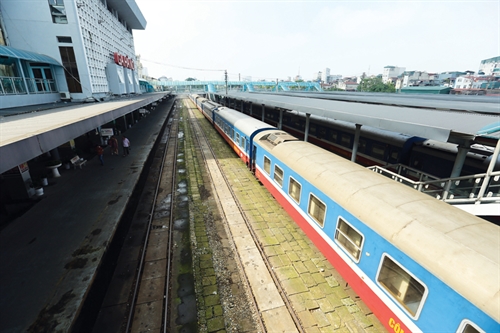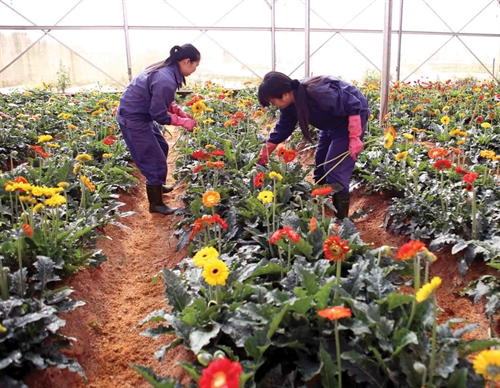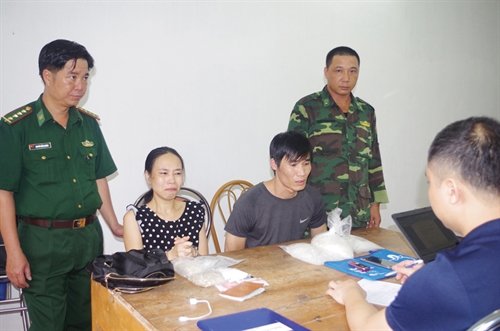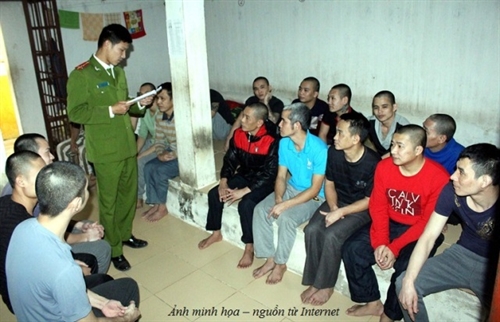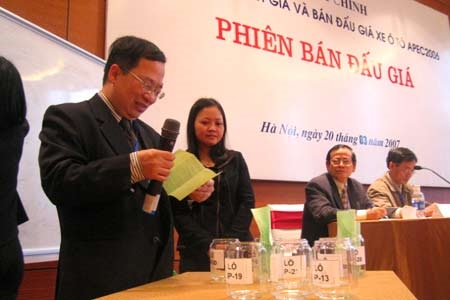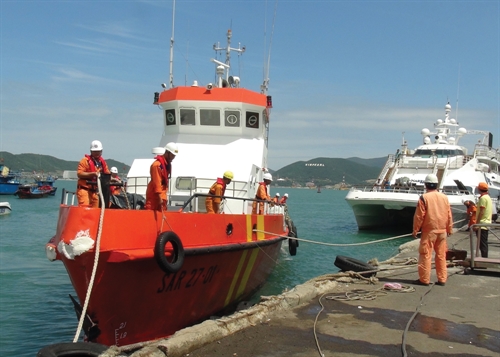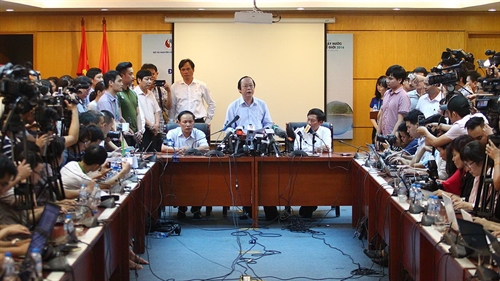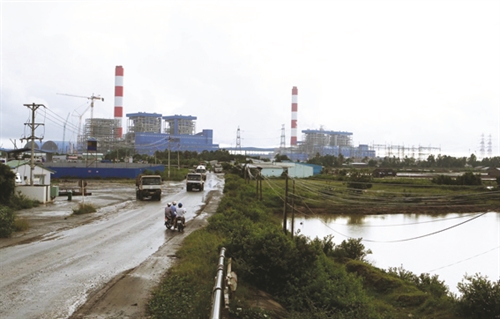The Law on Irrigation (the Law), which was passed in June this year, is expected to complement the law on water resources management.
Compared to the 2001 Ordinance on Exploitation and Protection of Irrigation Works, which the Law will replace, the scope of regulation of the Law is expanded to cover all irrigation activities. With effect from July 1, 2018, the Law regulates the formulation of strategies and master plans on irrigation, construction, management and exploitation of irrigation works, and irrigation services, among others. It also defines rights and responsibilities of organizations and individuals in irrigation activities and state management responsibilities for irrigation.
Investment in irrigation works
Under the Law, the State lays down a policy on the diversification of investment funds for irrigation works.
In light of this, the State will invest in building particularly important irrigation works, large irrigation works, irrigation works for which it is difficult to mobilize social resources, and reservoirs in water scarcity areas. Irrigation works which concurrently serve national defense and security and disaster prevention and control; irrigation works in ethnic minority areas, mountainous and island areas, areas with extremely difficult socio-economic conditions, and areas seriously affected by climate change will also be constructed with state budget funds.
Meanwhile, organizations and individuals will be encouraged to invest in building irrigation works in the form of public-private partnership. Those managing and exploiting irrigation works that provide public irrigation products and services will be entitled to tax incentives. Organizations and individuals will be supported in building, repairing and upgrading small-sized and inner-field irrigation systems; advanced and water-efficient irrigation systems; advanced and modern watering and drainage systems; and wastewater treatment systems.
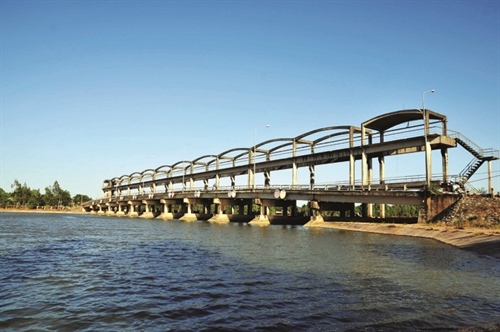 |
| A sluice gate on Lang The river in Cang Long district, Tra Vinh province, the biggest in the Mekong River delta__Photo: An Hieu/VNA |
Pricing of irrigation services
The current charge rates for irrigation services will be changed into a pricing system. According to lawmakers, the pricing system introduced in the Law will create a legal basis for the proper and full collection of revenues from irrigation services for reinvestment in production and business activities. It will stimulate organizations and individuals in various economic sectors to participate in irrigation activities and help improve irrigation services. The application of the pricing system will also change the people’s perception of irrigation, from a “serving irrigation system” to “irrigation services”, with water being regarded as a commodity to be used in a thrifty manner.
The competence to decide on prices of irrigation products and services is defined in Article 35 of the Law.
The Minister of Finance will set the ceiling prices for irrigation products and services of state-funded irrigation works, and the price brackets for other irrigation products and services. On this basis, the Minister of Agriculture and Rural Development will set specific prices of irrigation products and services under its management while provincial-level People’s Committees will set specific prices of irrigation products and services under their management.
For irrigation works invested in the form of public-private partnership, the prices of irrigation products and services will be set under contracts between the involved parties based on the above ceiling prices of public irrigation products and services and the price brackets of other irrigation products and services.
Licensing of activities within the protection scope of irrigation works
As per the Law, the following activities carried out within the protection scope of irrigation works must be licensed:
- Building new works;
- Building storage yards for raw materials, fuel, materials, supplies and vehicles;
- Drilling and digging for geological survey; exploring and exploiting minerals and construction materials, exploiting groundwater;
- Discharging wastewater, except wastewater containing no hazardous or radioactive substances discharged on a small scale;
- Planting perennial trees;
- Tourism, sports, scientific research, business and service activities;
- Operations of inland waterway craft and motor vehicles other than motorcycles, motorbikes and rudimentary inland waterway craft;
- Aquaculture;
- Blasting and other activities causing explosion; and,
- Building underground works.
The Ministry of Agriculture and Rural Development and provincial-level People’s Committees will grant licenses for these activities.- (VLLF)
